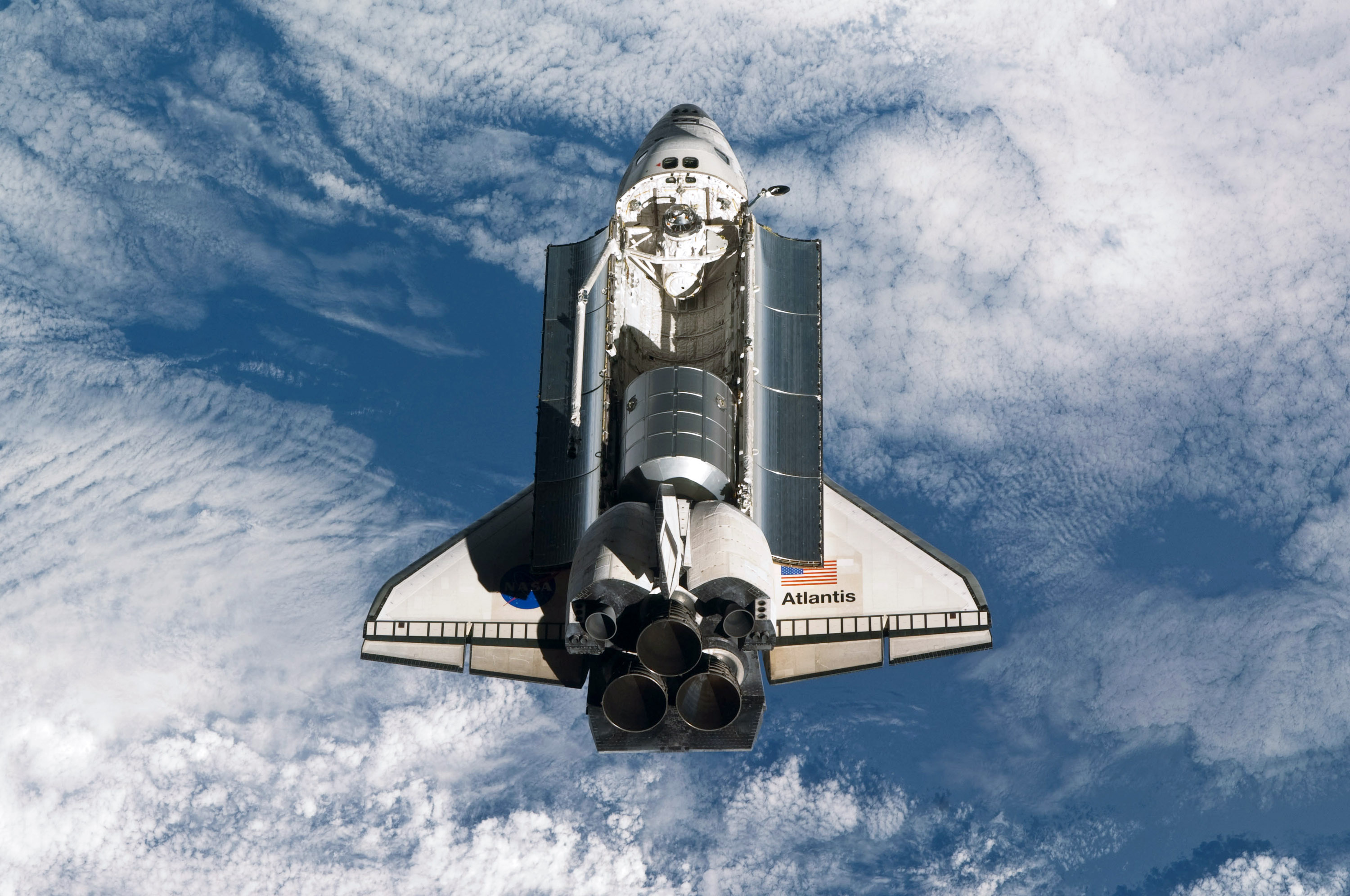Donald Trump wants to explore space. That might have bad consequences here on Earth.


A free daily email with the biggest news stories of the day – and the best features from TheWeek.com
You are now subscribed
Your newsletter sign-up was successful
In 2017, Earth is out and space is in. Donald Trump is reportedly planning to pull funding from NASA's Earth science division in favor of deep space exploration, The Guardian reports.
Despite NASA's global leadership when it comes to questions of climate phenomena like clouds, temperature, and ice, Trump senior campaign adviser Bob Walker explained that NASA's focus should not be "politically correct environmental monitoring." "We see NASA in an exploration role, in deep space research,” he said. “Earth-centric science is better placed at other agencies where it is their prime mission."
Critics have expressed alarm over the reorganization of NASA's funds. "It could put us back into the 'dark ages' of almost the pre-satellite era," said Kevin Trenberth, senior scientist at the National Center for Atmospheric Research. "It would be extremely short sighted." He called the decision "a major setback, if not devastating."
The Week
Escape your echo chamber. Get the facts behind the news, plus analysis from multiple perspectives.

Sign up for The Week's Free Newsletters
From our morning news briefing to a weekly Good News Newsletter, get the best of The Week delivered directly to your inbox.
From our morning news briefing to a weekly Good News Newsletter, get the best of The Week delivered directly to your inbox.
"Space research is a luxury," Trenberth went on. "Earth observations are essential.”
A NASA spokesperson told The Guardian that the agency is doing whatever it can to make the transition to the Trump administration a smooth one, but also that "the agency remains focused on the future, a future that will improve our understanding of our changing home planet from NASA's unique platforms in space."
Trump has proposed the goal of exploring the solar system by the end of the century and has historically wobbled on his position on climate change. The president-elect said Tuesday that he believes there is "some connectivity" between climate change and human actions, a reversal from his 2012 opinion that the phenomenon is a Chinese "hoax."
A free daily email with the biggest news stories of the day – and the best features from TheWeek.com
Jeva Lange was the executive editor at TheWeek.com. She formerly served as The Week's deputy editor and culture critic. She is also a contributor to Screen Slate, and her writing has appeared in The New York Daily News, The Awl, Vice, and Gothamist, among other publications. Jeva lives in New York City. Follow her on Twitter.
-
 5 cinematic cartoons about Bezos betting big on 'Melania'
5 cinematic cartoons about Bezos betting big on 'Melania'Cartoons Artists take on a girlboss, a fetching newspaper, and more
-
 The fall of the generals: China’s military purge
The fall of the generals: China’s military purgeIn the Spotlight Xi Jinping’s extraordinary removal of senior general proves that no-one is safe from anti-corruption drive that has investigated millions
-
 Why the Gorton and Denton by-election is a ‘Frankenstein’s monster’
Why the Gorton and Denton by-election is a ‘Frankenstein’s monster’Talking Point Reform and the Greens have the Labour seat in their sights, but the constituency’s complex demographics make messaging tricky
-
 Blue Origin launches Mars probes in NASA debut
Blue Origin launches Mars probes in NASA debutSpeed Read The New Glenn rocket is carrying small twin spacecraft toward Mars as part of NASA’s Escapade mission
-
 Dinosaurs were thriving before asteroid, study finds
Dinosaurs were thriving before asteroid, study findsSpeed Read The dinosaurs would not have gone extinct if not for the asteroid
-
 SpaceX breaks Starship losing streak in 10th test
SpaceX breaks Starship losing streak in 10th testspeed read The Starship rocket's test flight was largely successful, deploying eight dummy satellites during its hour in space
-
 Rabbits with 'horns' sighted across Colorado
Rabbits with 'horns' sighted across Coloradospeed read These creatures are infected with the 'mostly harmless' Shope papilloma virus
-
 Lithium shows promise in Alzheimer's study
Lithium shows promise in Alzheimer's studySpeed Read Potential new treatments could use small amounts of the common metal
-
 Scientists discover cause of massive sea star die-off
Scientists discover cause of massive sea star die-offSpeed Read A bacteria related to cholera has been found responsible for the deaths of more than 5 billion sea stars
-
 'Thriving' ecosystem found 30,000 feet undersea
'Thriving' ecosystem found 30,000 feet underseaSpeed Read Researchers discovered communities of creatures living in frigid, pitch-black waters under high pressure
-
 New York plans first nuclear plant in 36 years
New York plans first nuclear plant in 36 yearsSpeed Read The plant, to be constructed somewhere in upstate New York, will produce enough energy to power a million homes
